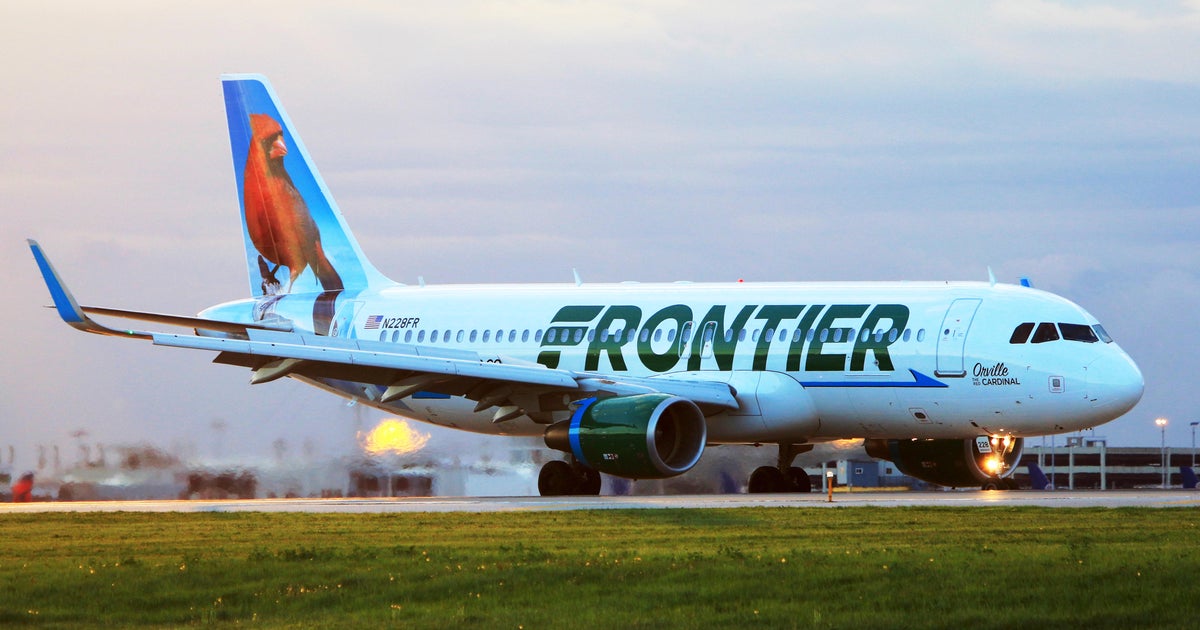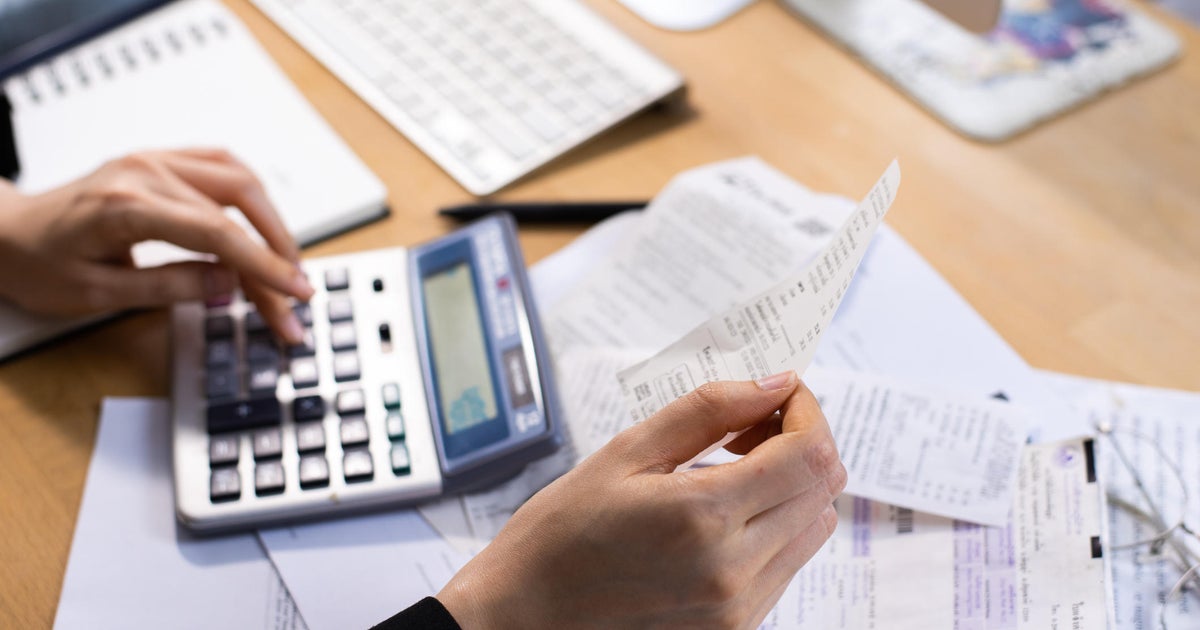Alaska follows major carriers in dropping widely scorned ticket-change fees
Alaska Airlines on Tuesday followed other major US carriers' lead in eliminating universally loathed ticket change fees to better serve customers and help draw people back to flying.
"As part of Next-Level Care, we've implemented 100+ ways to make you feel safe and confident from the get-go, which is why we're taking it to the next level again––by sending our change fees on a permanent vacation," the airline announced.
United, American and Delta airlines' moves to eliminate fees earlier in the week all but forced Alaska Airlines to waive its $125 change fee in order to remain competitive. The new policy gives customers peace of mind when booking trips in case their travel plans change, Seattle-based Alaska said.
"COVID has taught us that flexibility in travel is key. As we evolve our approach to travel to include more than 100 safety actions, it's important to give our guests flexibility when they book by eliminating change fees," said Andrew Harrison, executive vice president and chief commercial officer for Alaska Airlines.
The airline's fee waivers are effective immediately, and apply to all domestic and international tickets except for saver fares. Alaska raked in $192 million in ticket cancellation and change fees in 2019, according to U.S. Department of Transportation data.
Domino effect
American Airlines, United Airlines and Delta Air Lines all announced this week that they are dropping unpopular $200 fees for most people who change a ticket for travel within the United States.
United was the first to announce the change on Sunday.
"When we hear from customers about where we can improve, getting rid of fees is often the top request," United CEO Scott Kirby said in a video.
Delta and American almost immediately followed suit, informing customers Monday afternoon that the airlines will eliminate change fees on most tickets purchased for travel within the US, effective immediately.
"We want our customers to book and travel with peace of mind, knowing that we'll continue evaluating our policies to maintain the high standard of flexibility they expect," Delta CEO Ed Bastian said in a statement.
Under pressure from its competitors, American shortly after also cancelled its $200 change fees for most tickets on domestic and short-haul international flights.
"In a world that's constantly changing, American is resolute to our purpose of caring for customers at all points of their travel journey," said American's Chief Revenue Officer Vasu Raja. "American is offering more flexibility and ease than ever before, should travel plans change," Raja added.
Southwest Airlines does not charge change fees, a policy its CEO says has helped it gain more business.
United said that it eliminated change fees for people who buy a standard or premium economy ticket for U.S. travel. The airline also said that it will extend a broad waiver of change fees — including for international travel — through December 31. That extended waiver means that customers who pay the lowest fares, called "basic economy," can also change tickets for free.
Starting in January, the airline will let customers fly standby for free on other flights departing the same day as their booked flight.
Airlines are trying desperately to lure people back to flying despite the ongoing coronavirus pandemic. U.S. air travel has recovered modestly since April, but passenger traffic remains down about 70% from a year ago. To woo passengers, airlines have required face masks and stepped up cleaning of planes. A few, including Delta, Southwest and JetBlue, limit seating, although American and United try to sell every seat.
The four largest U.S. airlines lost a combined $10 billion from April through June. Airlines shared $25 billion in federal payroll aid under pandemic relief legislation and are lobbying for $25 billion more.
A condition of the financial aid was that airlines would not cut employees through September. American, Delta and United have recently warned of furloughs and layoffs starting in October if Congress does not extend aid.
Consumer complaints
Consumer groups have long complained about the array of fees that airlines now impose for things that were once included in the price of a ticket. Change fees draw particular scorn because, critics say, they far exceed airlines' costs of changing or canceling tickets with a few keystrokes.
Fees on checked bags and ticket changes became prevalent during an industry downturn in 2008. Since then, airlines have added fees on seats with more legroom, priority boarding and other amenities.
They contributed to a highly profitable run that lasted for a decade, broken only by the pandemic. Now airlines are slashing flights and shrinking workforces to cope with the travel slump.
From 2014 to 2019, American, Delta and United took in more than $14 billion in change fees, according to Transportation Department figures. Last year, Delta collected $830 million in change fees, more than any other U.S. carrier.
In Washington, several lawmakers have launched periodic campaigns to outlaw change fees. In 2018, the Senate approved a bill to prohibit "unreasonable" fees for changing or canceling tickets, but the measure was scuttled in negotiations with the House.
The United CEO acknowledged that airlines facing tough times have often "made difficult decisions to survive, sometimes at the expense of customer service." Kirby said United is looking to serve customers better this time.
The Associated Press and CBS News' Irina Ivanova contributed reporting.



